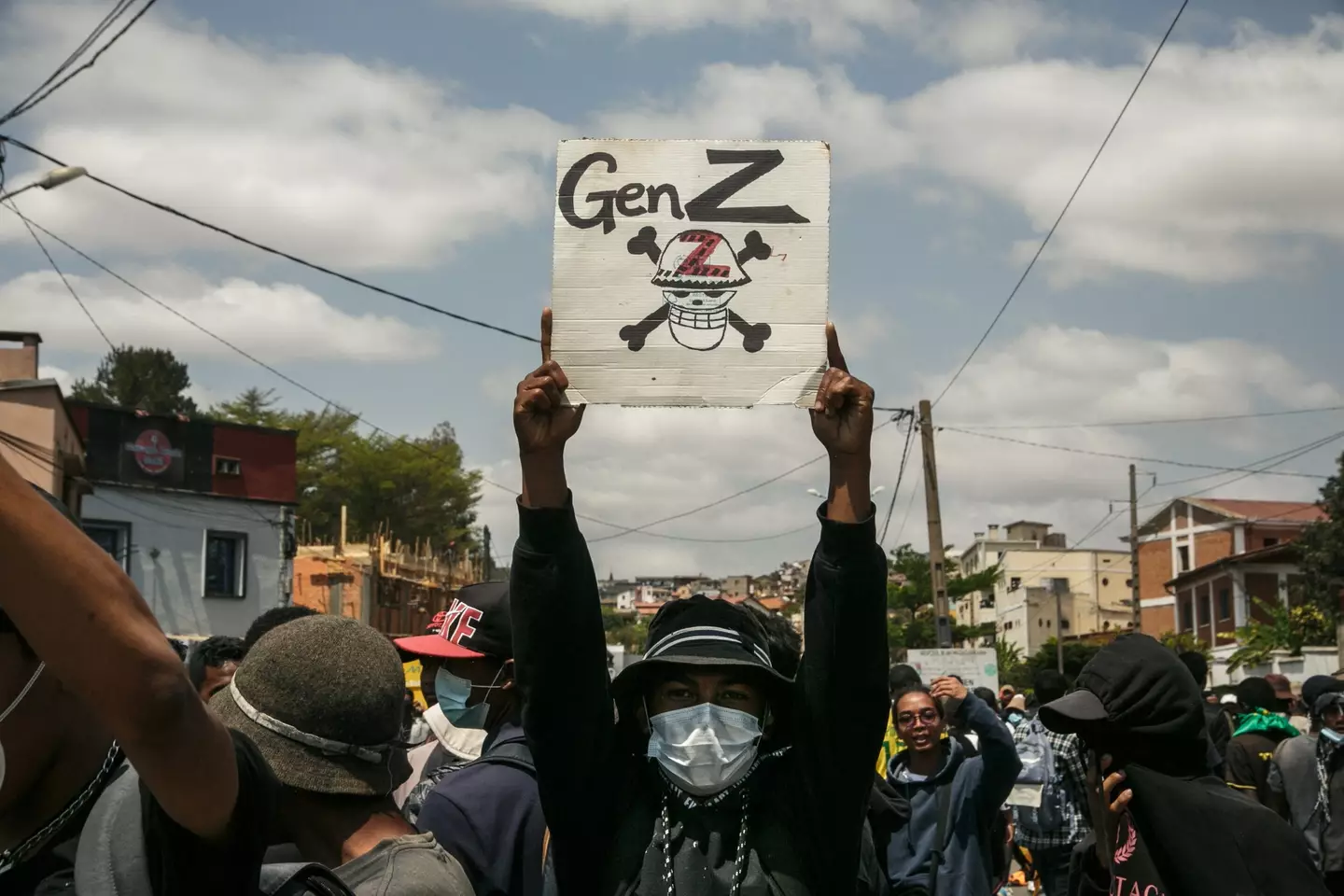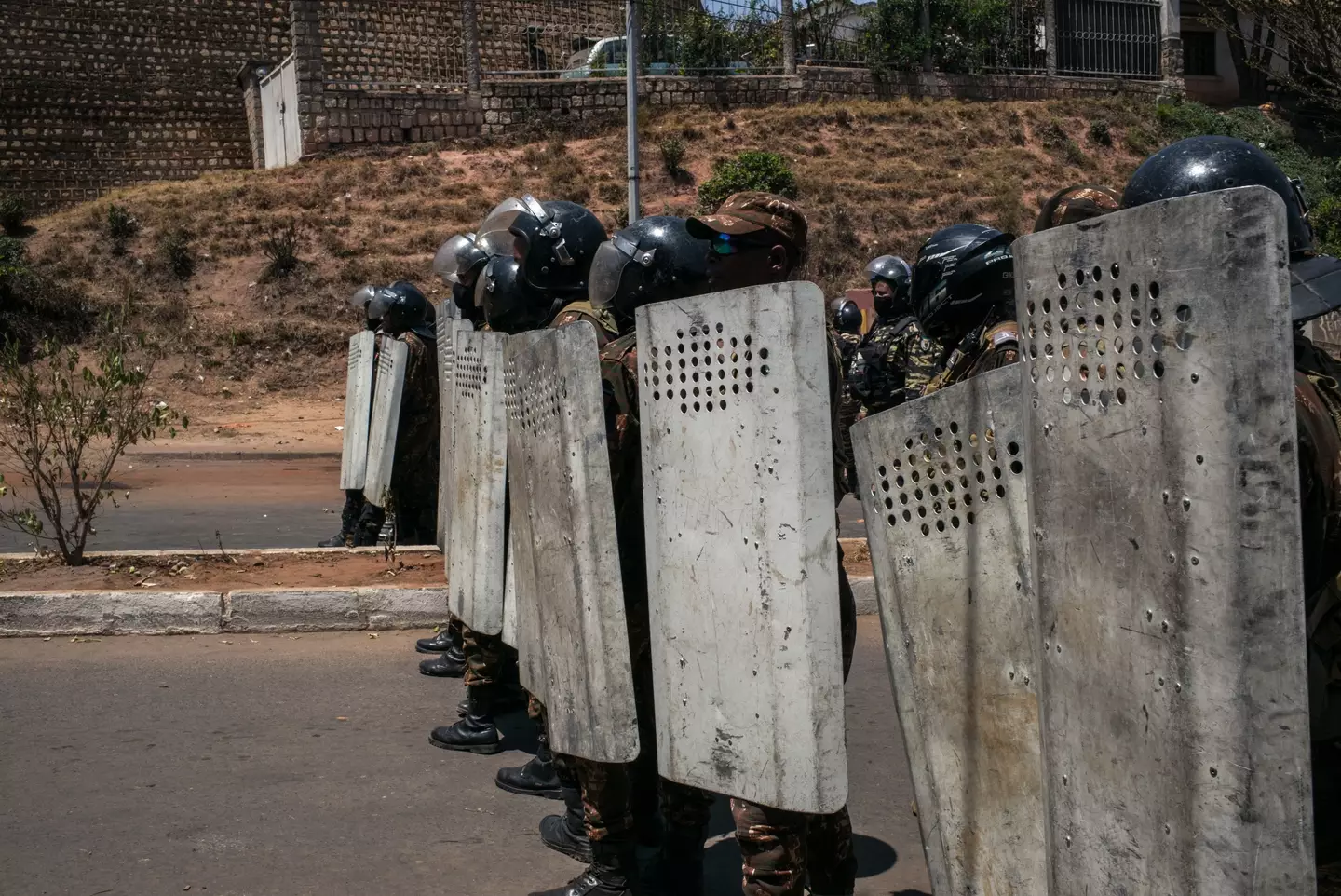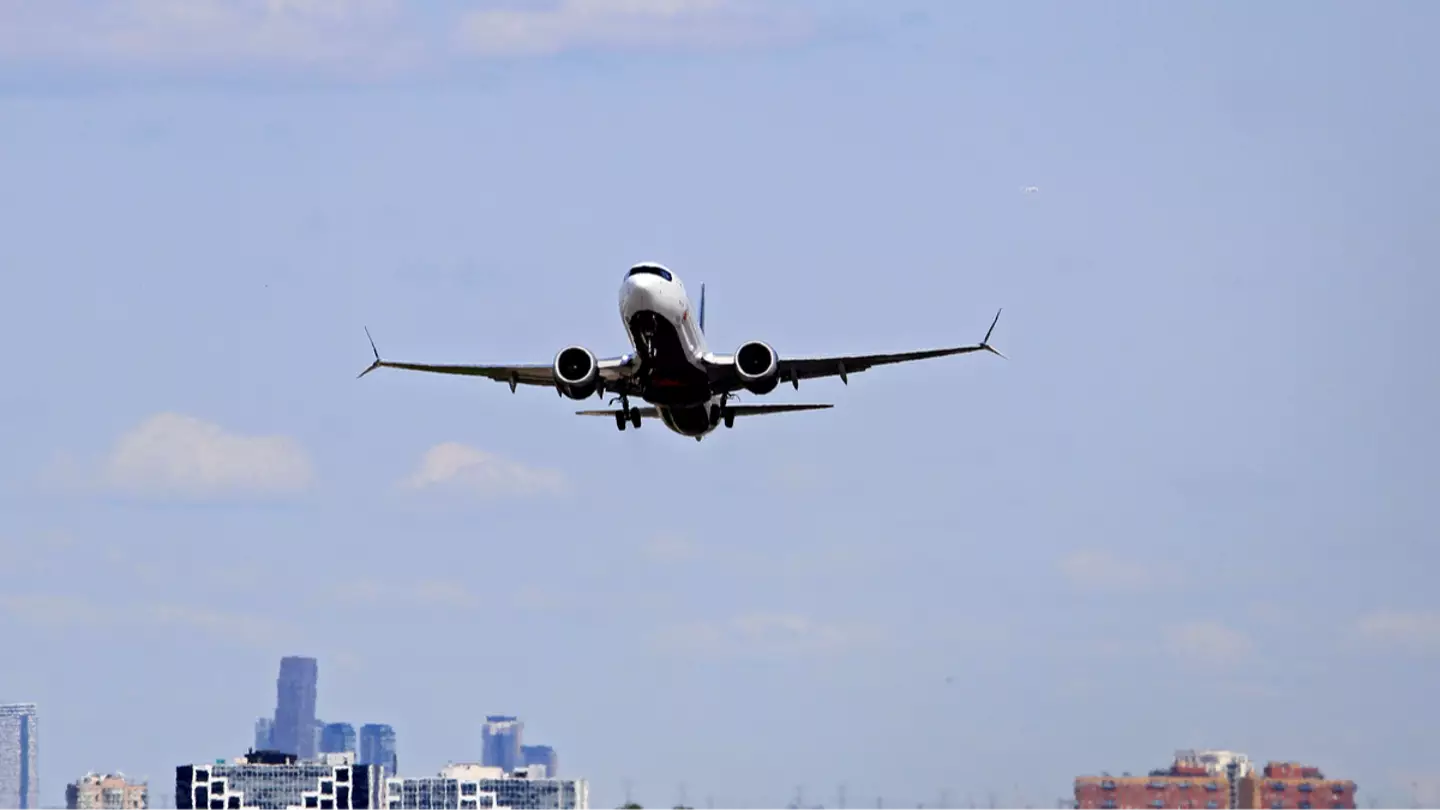The United States Department of State has updated its travel advisory for citizens considering visiting a particular nation.
The latest travel guidance suggests individuals to ‘reconsider travel’ due to swiftly changing conditions in the region.
Travel advisories are routinely revised to reflect recent developments.
These updates might result in a more severe warning against travel or a reduction in risk if stability is restored in a country.
However, ongoing developments in a specific nation have prompted the US to elevate its warning ‘due to crime and unrest’. Travelers are advised: “U.S. citizens should stay in place and avoid areas with protests or demonstrations. Sporadic protests may develop quickly, especially after dark.”

The revised advisory pertains to those considering travel to Madagascar, following a series of ‘Gen-Z’ protests triggered by persistent power outages and water shortages.
In response to the protests, Madagascar’s President, Andry Rajoelina, has dissolved the government.
On the national broadcaster Televiziona Malagasy, Rajoelina stated: “We acknowledge and apologise if members of the government have not carried out the tasks assigned to them.
“I understand the anger, the sadness, and the difficulties caused by power cuts and water supply problems. I heard the call, I felt the suffering, I understood the impact on daily life.”
Since Thursday (September 25), thousands of predominantly young demonstrators have taken to the streets with the rallying cry ‘We want to live, not survive’.
The protests, which started in the capital Antananarivo, have since spread to eight additional cities across Madagascar.

The unrest in Madagascar has resulted in at least 22 fatalities and numerous injuries, leading to international criticism of the excessive force used by security forces.
Security forces deployed tear gas and rubber bullets, and there have been troubling reports of beatings and live ammunition being used against the protesters.
Volker Türk, head of the United Nations High Commissioner for Refugees (UNHCR), expressed his concern over the state’s response, saying he was ‘shocked’ by the excessive force.
Türk commented: “I urge the security forces to desist from the use of unnecessary and disproportionate force and to immediately release all arbitrarily detained protesters.”
The UN has reported that those killed include both protesters and bystanders at the hands of security forces, as well as individuals killed during subsequent widespread violence and looting by unrelated individuals and gangs.
Protesters have utilized symbols associated with other ‘Gen-Z’ movements, such as those in Nepal, and have leveraged social media platforms to coordinate gatherings swiftly.

